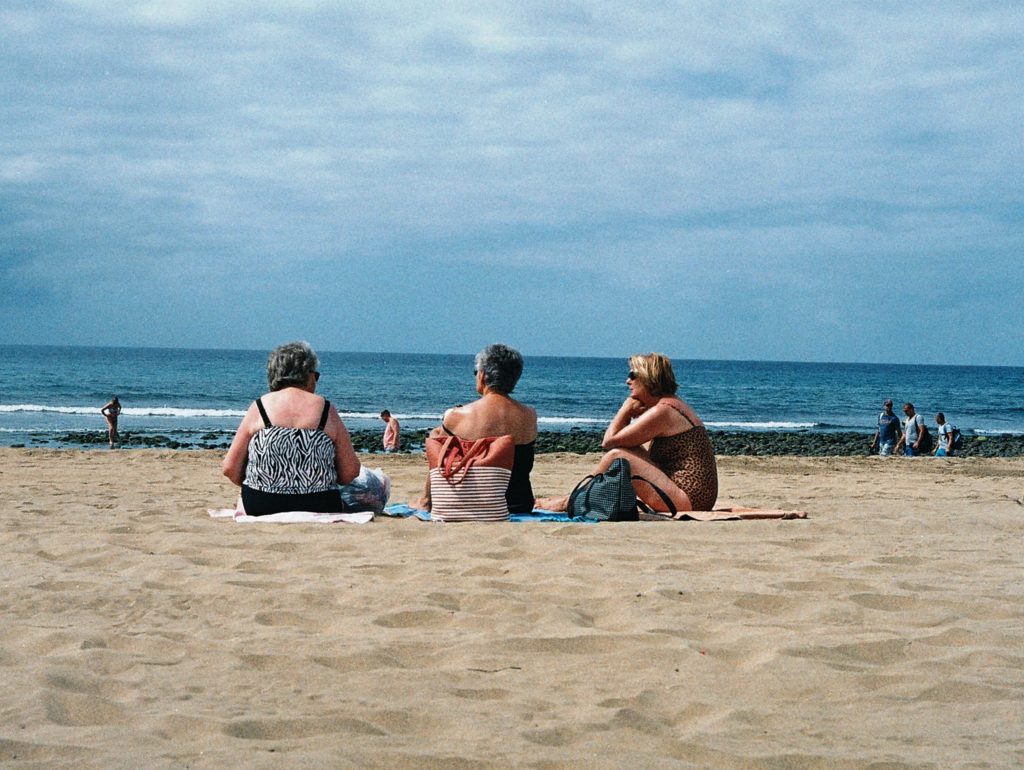
republished from WebMD
When drawing the differences between sunburn and sun poisoning, the first thing to know is that “sun poisoning” isn’t really a medical term. It’s a made-up phrase sometimes used to mean a severe sunburn, but it also can refer to “sun allergy,” which is another term for polymorphous light eruption. Confused yet?
To simplify, the sun’s ultraviolet (UV) radiation can affect your skin in several ways. It can cause:
- Sunburn: skin reddening that usually lasts for several days and might be accompanied by pain and blisters
- Sun poisoning: a severe sunburn that also includes fever, chills, and nausea. These symptoms aren’t actually caused by any sort of poisoning; in fact, doctors aren’t really sure why some people develop these symptoms with a severe sunburn while others don’t, though health conditions like lupus can make you more susceptible to it
- Sun allergy: a bumpy rash that occurs with even brief sun exposure but usually clears up within a couple of hours after you get out of the sun
Sunburns of any degree can lead to premature aging and skin cancer, so be mindful to wear sunscreen any time you plan to be outdoors. Reapply the sunscreen regularly (follow the directions on the label).
If you develop sun poisoning symptoms, go to an urgent care facility or emergency room. You may need medical treatment, such as intravenous fluids. This is especially true for children who get a severe sunburn.
If you develop the bumpy rash of a sun allergy, consult your doctor. You may need to wear special clothing that protects you from the sun’s UV rays.
For garden-variety sunburns, you can treat them at home – but never apply butter or other foodstuffs to your sunburn. That’s an old wives’ tale that runs the risk of giving you a skin infection.
Effective ways to treat a sunburn at home:
- Drink lots of water
- Take cool showers or apply cool, damp compresses to the skin
- Use a commercial sunburn product containing aloe vera or lidocaine
- Take over-the-counter pain relievers (but never give children aspirin)
- Apply skin moisturizer frequently
- Do not pop any blisters, as this increases the risk of infection
- Avoid picking at peeling skin
Most sunburns clear up within a week. Next time, wear sunscreen!







